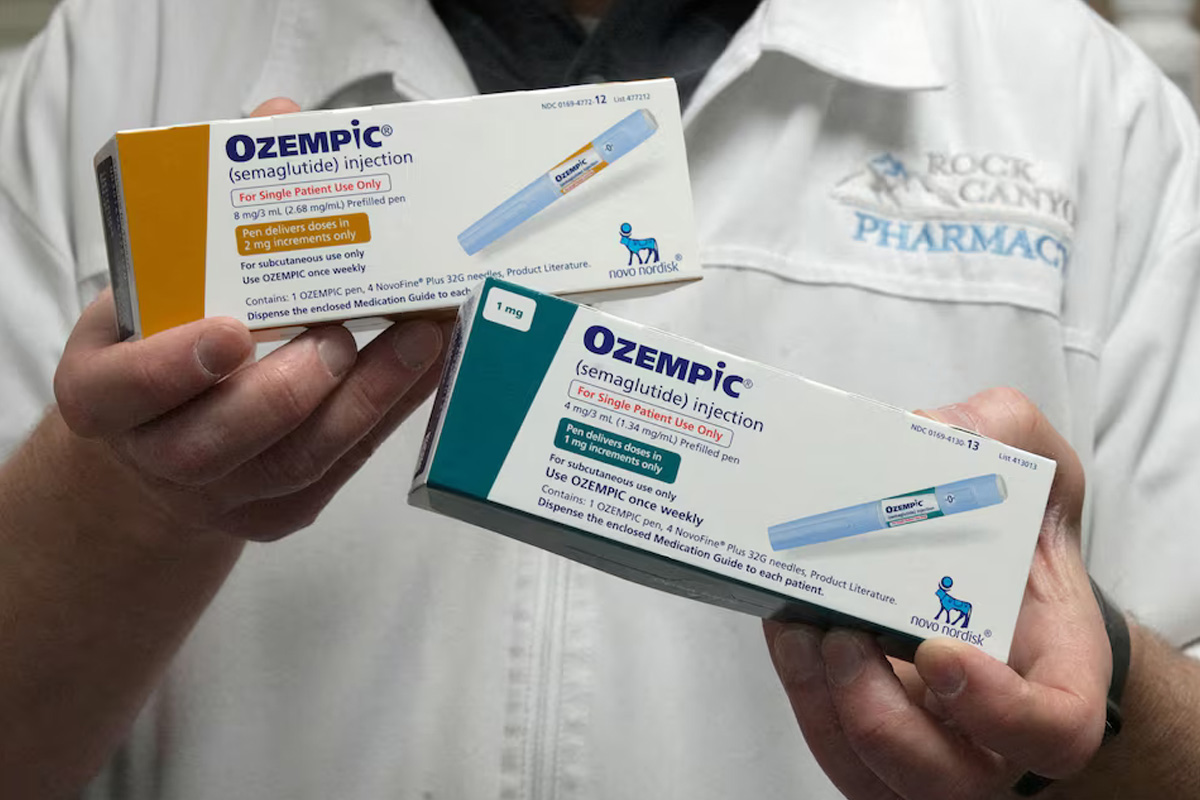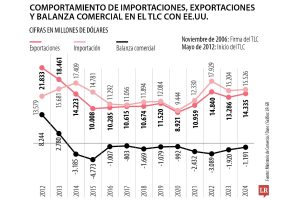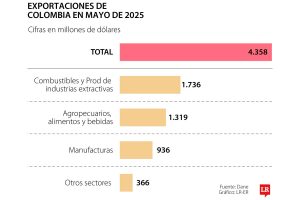The biggest threat for European pharmaceutical groups currently comes from the United States. President-elect Donald Trump and his proposed Health Secretary Robert F. Kennedy Jr amount to a toxic cocktail of “America First” nationalism and anti-drugmaker sentiment, which is doubly bad from the perspective of $480 billion Novo Nordisk (NOVOb.CO), opens new tab, $230 billion Roche (ROG.S), opens new tab and the rest. Ironically, the best way to mitigate these risks is to get closer to the source of the problem. More U.S. manufacturing investments, and even M&A, could help.
Trump’s victory has taken its toll on the drugmakers. Six major Europeans – Novo Nordisk, Roche, Novartis (NOVN.S), opens new tab, AstraZeneca (AZN.L), opens new tab, GSK (GSK.L), opens new tab and Sanofi (SASY.PA), opens new tab – have collectively lost $86 billion or 6% of their equity value since the day before the election, compared with a narrower 2% aggregate fall for the major U.S. groups. The general fear in the industry relates to Kennedy, known as RFK, who mistrusts pharma in general and vaccines in particular. Sources at European drugmakers told Breakingviews that they worry about what they see as his lack of public-health pedigree and general anti-science stance. U.S. drugmakers should feel the same.

Meanwhile, Trump’s possible universal import tariff could whack the pharma groups, wreaking havoc on their U.S. competitiveness and profitability. In 2023, opens new tab, the European Union exported 33% of its drugs to the United States, which is typically one of the highest-margin markets in the world. Unless the drugmakers could pass on the costs of the mooted 10% to 20% duties, their bottom lines will take a hit.
The antidote to all these U.S. problems, paradoxically, lies in the source. European drugmakers need to become more American. One option is to boost manufacturing in the United States, thus avoiding tariffs. That would be hard to do quickly, but making large pledges and starting work on a new site could probably win favour with the new administration. Dealmaking could help too. Novo Holdings, the Novo Nordisk parent company, in February said it would spend $16.5 billion on contract drug manufacturer Catalent (CTLT.N), opens new tab. The target’s website, opens new tab lists more sites in North America than other regions, implying that the Danish giant has bought itself a handy possible tariff hedge. The only problem with this strategy is that U.S. M&A, like U.S. labour, doesn’t come cheap. Breakingviews calculated at the time that Novo would make a sub-3% return on investment.

Many of the companies at risk also have their own idiosyncratic reasons to tilt towards the United States. Novartis, for example, is at the top of the European market and therefore may find it difficult to grow any further in its home region. China, which may have previously seemed like an attractive investment option, now looks dicey given the prospect of a U.S. trade war.
Nor is the People’s Republic sending welcoming signals. Just ask AstraZeneca. The $200 billion Anglo-Swedish drugmaker revealed late last month, opens new tab that Leon Wang, the president of its China business was “cooperating with an ongoing investigation.” The company later confirmed that Wang had been detained by Chinese authorities. Astra CEO Pascal Soriot has already kickstarted his U.S. pivot. Earlier this month, he announced a $3.5 billion investment in research and development in the United States, along with a plan to create more than 1,000 jobs.
And despite the RFK worries, U.S. drugmakers still often trade at a premium to their most direct Europe-based rivals, suggesting that investors think growth there will hold up. In the red-hot obesity market, for example, Eli Lilly (LLY.N), opens new tab trades at 34 times expected 2025 earnings, according to Visible Alpha, while Denmark’s Novo Nordisk has a multiple of 27. Similarly, European drugmakers AstraZeneca and Novartis trade at 14 and 13 times their respective forward earnings, while Illinois-based Abbvie (ABBV.N), opens new tab is at 15.
No one is sure exactly what Trump will do with tariffs or drug prices, and there’s even more uncertainty about how the effects will ripple out to the rest of the world. But investors seem convinced that the European groups will come off worst. All the more reason for a U.S. swerve.
Información extraída de: https://www.portafolio.co/opinion/editorial/alarmas-disparadas-editorial-617913






